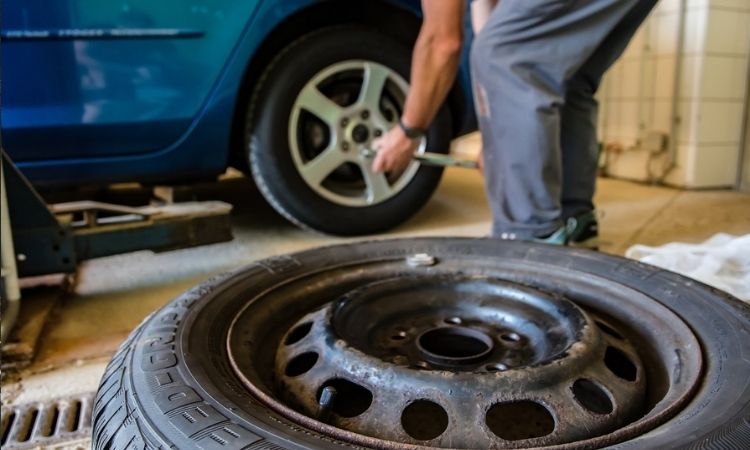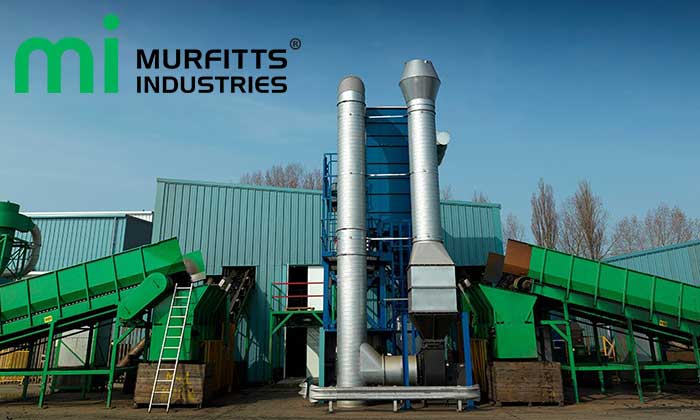Last 10% of unrecovered tires challenging Australia's waste reduction goals
According to the latest press release by Tyre Stewardship Australia (TSA), Australia recovers close to 90% of passenger, bus and truck tires, but the remaining 10% gap is critical to achieving national waste reduction goals, reducing carbon emissions and deterring tire eco-hazards in the future.
As per TSA data, even 10% of unrecovered tires still pose an intolerable eco-hazard, and Australia stands the risk of regressing until it stops illegal dumping, stockpiling, and rogue waste operators.
“There’s a misguided and, arguably, dangerous belief being perpetuated that we have done enough in the recovery of passenger, bus and truck tires. That the job is done. That there is nothing to see here”, says TSA CEO Lina Goodman.
“This couldn’t be further from the truth. Data provided by Snap Send Solve shows that, on any given day, there are at least eight reports of tires dumped on the side of the road, in a creek, or the bush around Australia, with local government and communities bearing the brunt of costs and risks.
Here’s the reality for local councils and communities: 10% of passenger, bus and truck tires unrecovered equates to 5.7 million passenger tires not being collected each year.
Addressing dumped tires consumes resources that could otherwise support essential services like road maintenance, diverting attention from other critical needs.
Goodman emphasizes that while an increase in dumped tires is being reported nationwide, regional, rural, and remote areas bear the brunt, further straining their resources. To address the issue, it's essential to heed the data and adopt tools like Snap Send Solve for local reporting.
Danny Gorog, Managing Director, advocates for quick reporting to prevent tire accumulation, highlighting the application's value in connecting communities with councils for real-time alerts.
Learning from international experiences, the success of 'all-in' tire schemes underscores the need for Australia to transition from the current 'opt-in' approach. An 'all-in' structure shifts industry responsibility away from local councils, fostering a circular tire economy and supporting sustainable value.
Australia's governments recognize the need for a regulated scheme, with end-of-life tires prioritized in federal policy. The government's commitment to reviewing the tire stewardship framework indicates a readiness to take action if the industry falls short.
To learn more about the topic, proceed to TSA’s article.
Weibold is an international consulting company specializing exclusively in end-of-life tire recycling and pyrolysis. Since 1999, we have helped companies grow and build profitable businesses.









